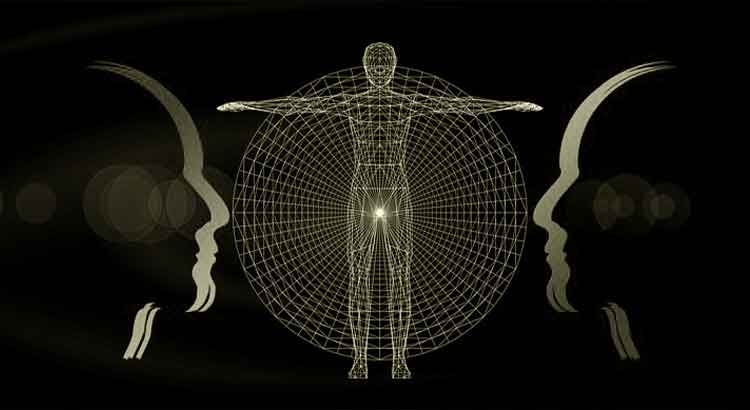The difference between the works of Jung and Frankl and almost all of what has been written in psychology is that both have designed a psychology for healthy minds, while the bulk of the rest applies only to sick mental states, emphasizing, always and only, the morbidity from which man can suffer. A person who is even remotely experienced and sane and chooses a work by Freud or Adler to enter the science of the mind will come out amazed and disgusted, overcome by a mixture of strangeness and repulsion because, obviously, the man painted in such works has little or nothing in common with himself. And then he will see, on every page, endless classifications of disorders, complexes, and the like, often associated with natural behaviors, but justified by reasons that seem like direct insults to him who reads. In Jung, in Frankl, how different everything is! In these great psychiatrists, who were also great men, although one can find Freud and Adler, the high spirit can finally recognize itself.
Tag: psychology
Modern Psychology, Taking Away Man’s Autonomy…
It is curious how modern psychology, by taking away man’s autonomy, painting him as submissive to this monster created by Freud,—the “unconscious,”—has ended up devaluing his own mind, the opposite of what one might expect. Even Jung, who so distinctly perceived the individual character of human psychology, seems to slip into some false notions of modern psychology. He claims, with some prudent caveats, that nothing influences our conduct so little as ideas. And here we return, once again, to the insulting comparison of this “our”. What “our”? Unquestionably, different men make different uses of the minds they possess. One does not have to be a philosopher to have a “philosophy of life”; and what is this but the practical result of the individual’s ideas, concepts and judgments? How can the practical consequences of reasoning be denied to the man of value? How can we continue with this infamous contention that all morality is a strictly collective construction? If ideas really influence man so little, one can only conclude that this man, specifically, is inferior.
The Development of Personality, by Carl Jung
Jung is truly admirable! The effort he undertook in trying to integrate the irrational elements of the human psyche into his analytical psychology, aware of the criticism he would receive from the scientific community, is worthy of the highest appreciation. Jung not only refused to deny or hide what he saw, but he sincerely sought explanations for extremely intricate problems, exposing them even if groping in the dark. The vision of “personality” that he expounds in this paper, translated as The development of personality, shows an acuity very rare in children of academia, and affronts the notion that man is limited to a biological-social construction. Personality cannot be taught or generalized, does not manifest spontaneously, and consists of an act of courage against herd behavior. It is a badge, a destiny and a curse. It is a conscious and individual deliberation, which requires a commitment to oneself and is never given out of necessity. It is, therefore, a choice, with unbearable consequences for the majority, and which completely changes the behavioral paradigm of the one who makes it. Jung, perhaps the greatest of modern psychiatrists, was especially great for not settling into the comfort of psychology textbooks and not giving in to the delusional postulate that the human mind obeys a universal functioning.
Nocturnal Minds
Cioran, Antero, Kafka… all endowed with a nocturnal mind, that is, a mind that, in opposition to daytime bodily habits, chooses the night to put itself in intense activity. Most nights, therefore, a real torture, an incessant conflict that only ends when the light already invades the bedroom window. The tired body asking for rest, and the mind having in the stillness of dawn the perfect time to work. Ideas bursting like firecrackers, reasoning that builds upon each other, scenes, judgments, afflictions, plans, expectations, all bursting forth, sucking attention when the desire is to annul them all. Then, already accustomed to it, the spirit begins to call good nights those in which sleep is like a semi-sleep—the maximum it can reach—a state in which mental chatter blends into a middle ground between dream and reasoning, already automated by an unconscious enchainment and only interrupted by spaced awakenings, in which a conscious glimmer questions the degree of its own lucidity. And from this apparently terrible routine, many, many fruits, solutions that would never be given in a fully awake state, ideas that, if not originating from the deepest recess of the mind, seem to be placed by the hands of a superior spirit. Very well, very well: it is possible to learn to enjoy nights like this—it is just not possible, for a mind like this, to be in a good mood in the mornings.



